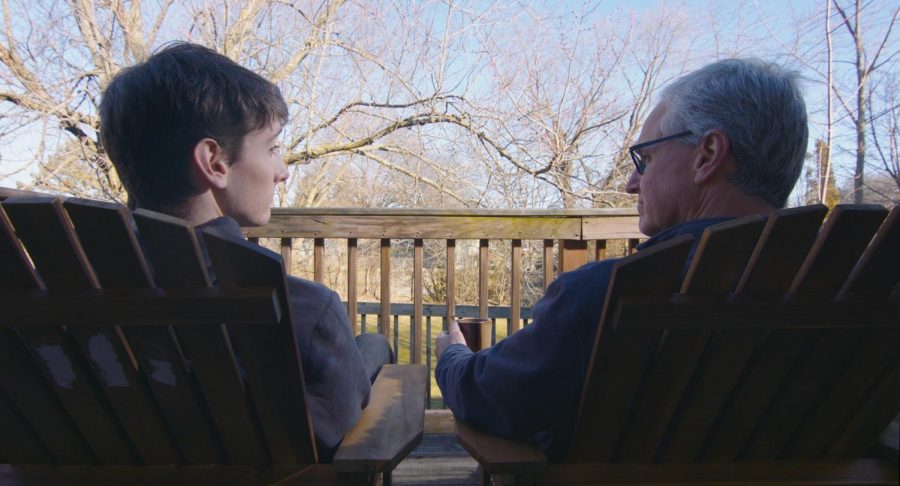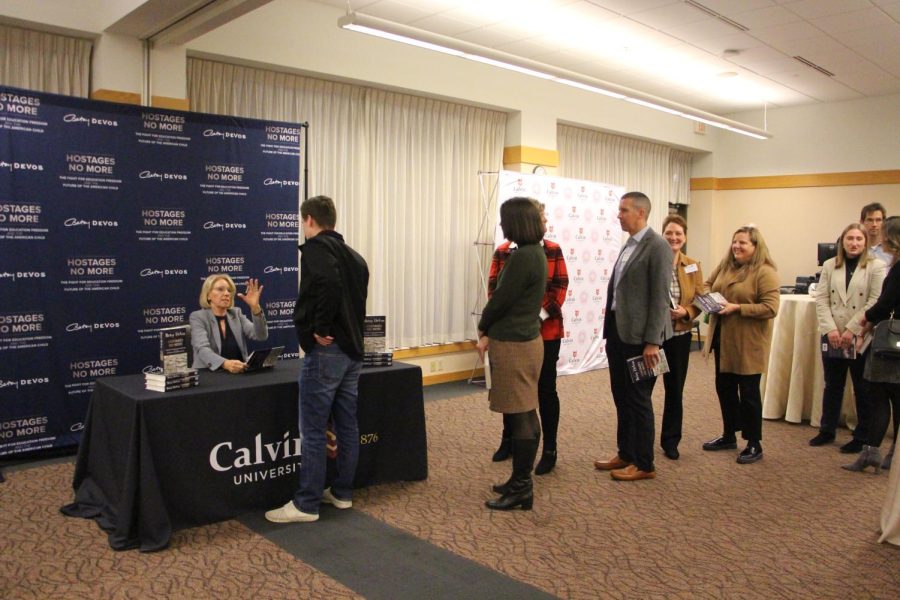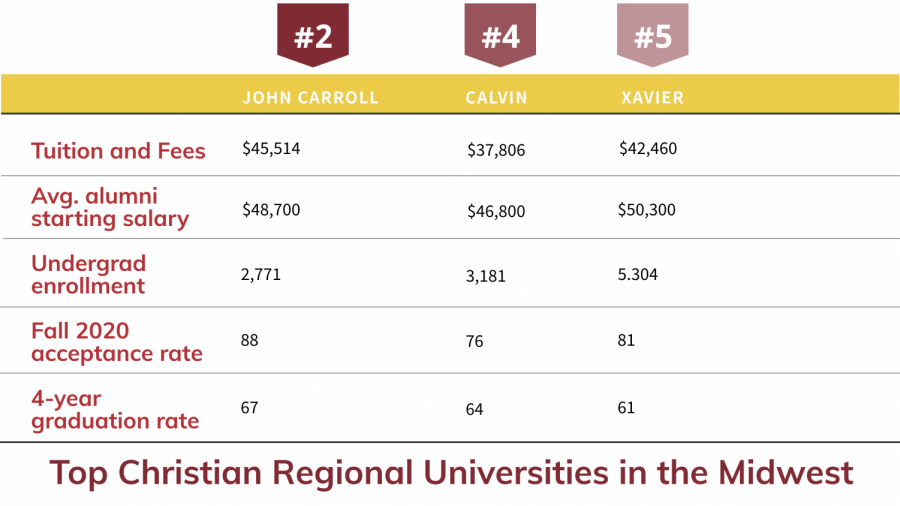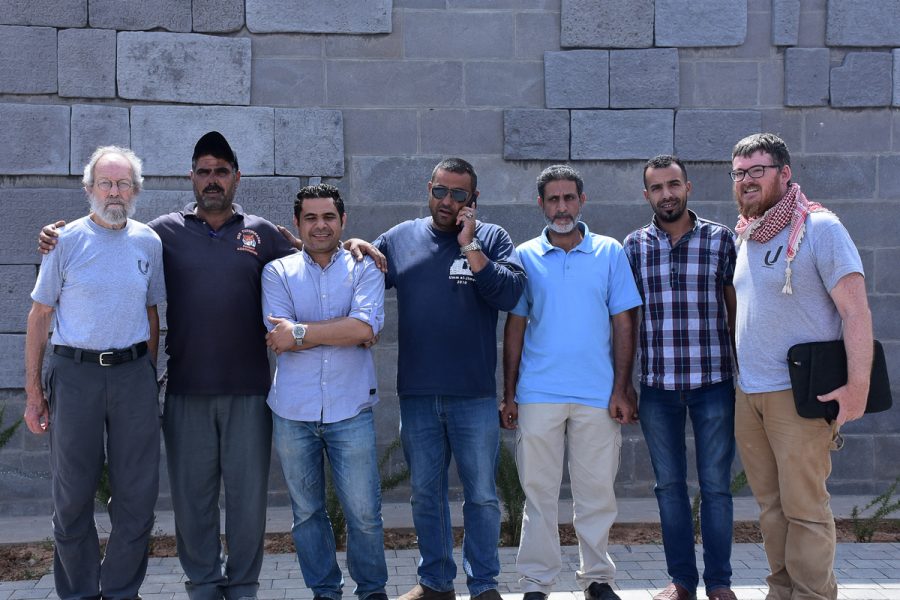The political science department and the Noontime Series co-sponsored a panel Oct. 13 about foreign policy, featuring Calvin College political science professors Joel Westra and Becca McBride, as well as Todd Huizenga, a senior fellow at the Henry Institute for the Study of Christianity and Politics.
The panel was the second-to-last installment of the “Challenges for the Next President” series the political science department introduced last spring.
The ideas and observations put forth by the three panelists were objective and nonpartisan — the aim of the panel was to spark insightful, nuanced discussion without resorting to confrontational rhetorical tactics.
One topic the panel discussed repeatedly was the Iran deal, a hotly contested treaty spun in the media by both parties in the weeks leading up to its congressional ratification. Republican presidential nominee Donald Trump has routinely called it “one of the worst negotiated deals in the history of deal making,” and Huizenga echoed a similar, if slightly less hyperbolic sentiment when referred to it as “the very bad nuclear deal we made with Iran.”
Westra brought up the same treaty during a separate part of the hour-long discussion and invoked an optimistic interpretation: “I disagree with my colleague here somewhat. I don’t think it was a bad agreement … I think it was a gamble but I think at the present it was the best that was manageable.”
Neither Westra nor Huizenga made a caustic, sarcastic remark in response to the other’s belief; instead, they treated one another with respect despite a difference of opinion.
McBride’s signature flair is framing problems in international relations, the largest scale political problems operate on, in the scope of personal, human problems. During the program, she spoke about human rights and America’s paradoxical involvement in the international human rights regime.
The United States is one of the three countries in the world that has not ratified the United Nations Conventions on the Rights of the Child — the other two being Libya and South Sudan. McBride warned that although the United States’ domestic laws comply with the treaty and the United States has been instrumental in designing the norms that make up the international human rights regime, America is in danger of losing its international moral authority due to the apparent hypocrisy in our refugee and immigration policy: “It’s one of the areas that other countries can point to the United States and say, ‘Your policy doesn’t mention the norms or the ideas that you talk about, about how the world should work.’ It has been quite conservative compared to some other countries and it’s a real challenge internationally.”
Presidential candidates try to create dichotomies when they speak and debate; they set themselves in opposition to their opponent, which leaves precious little grey area. Huizenga highlighted the importance of this grey area when discussing multilateral action abroad: “Sometimes, allying with one evil entity is necessary in order to prevent another, much more evil actor from gaining power.”
While America has made damaging foreign policy decisions in the past, Huizenga claimed that America can still be a force for good in the world if it is willing to get its hands dirty. In other words, the world must be taken as it is: “The ash heaps of history are filled with examples of failed projects based on a too great measure of wishful thinking.” The world is full of competing international interests which will inevitably cause conflict when they oppose one another; to believe anything else is dangerously naïve.
The civility of the discourse surrounding sometimes diverging opinions was a reprieve from a biting and caustic national political climate. The final lecture of the “Challenges for the Next President Series” will be about the economy on Nov. 3, and then there will be a synopsis of the entire cycle on Nov. 10, two days after the election.







